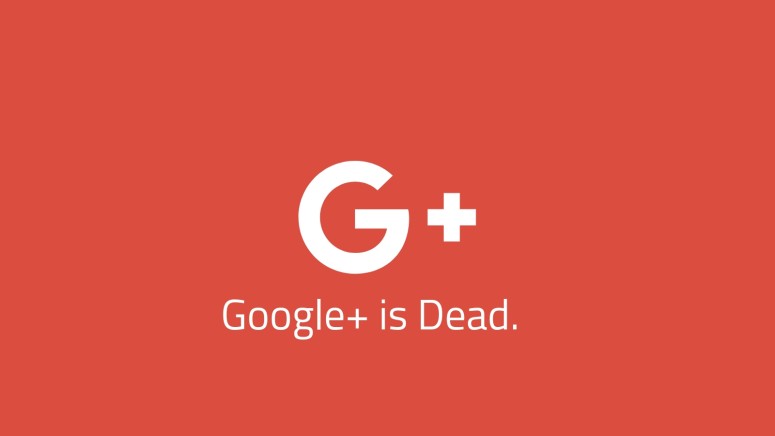
Google Plus to Get Terminated Sooner After a Second Serious API Bug Discovery
- Google+ API to see the end of the road in the next 90 days
- An API bug allowed external apps to gain non-public data from 52.5 million users
- Google working hard to make Plus a safe and secure tool for the enterprise
Google has announced their intention to expedite the shutting down of the consumer version of Google+ after discovering a second bug in their API that allowed external apps to gain access to non-public user data.
Google had already announced their intention to sunset their social platform product in October due to another privacy-critical bug, and this second occurrence is only speeding up the shutting down process. As things stand right now, Google+ API will be terminated in the next 90 days, while the platform will seize operation by April 2019. Google doesn’t want to risk receiving hefty fines due to inadequate user data protection, so the decision makes perfect sense.
What happened is that Google discovered a Google+ API bug during one of their routine security tests that allowed external apps to gain access to user data that the user had set to “not public”. This includes names, email addresses, occupation, age, gender, nickname, birthday, and any profile data that had been shared by another G+ user. The bug affected approximately 52.5 million G+ users, but Google claims they have no evidence that any external apps developers took advantage of it during the six days period that it remained undiscovered. Moreover, they claim that the bug did not provide access to financial data, national ID numbers, passwords, and any other critical data that underpin identity theft.
Google will notify all consumer users and enterprise customers that were impacted by this API bug, and they will shut down Google+ API as soon as possible, with 90 days being the maximum. In the same time, they will continue and deepen their investigation on any potential additional impact of the bug, as the product will have to get reliable enough to serve as an enterprise collaboration tool soon.
Are you sad that Google+ will be killed even sooner? State your opinion in the comments and visit our social pages on Facebook and Twitter to discuss this topic with other members of our online community.







